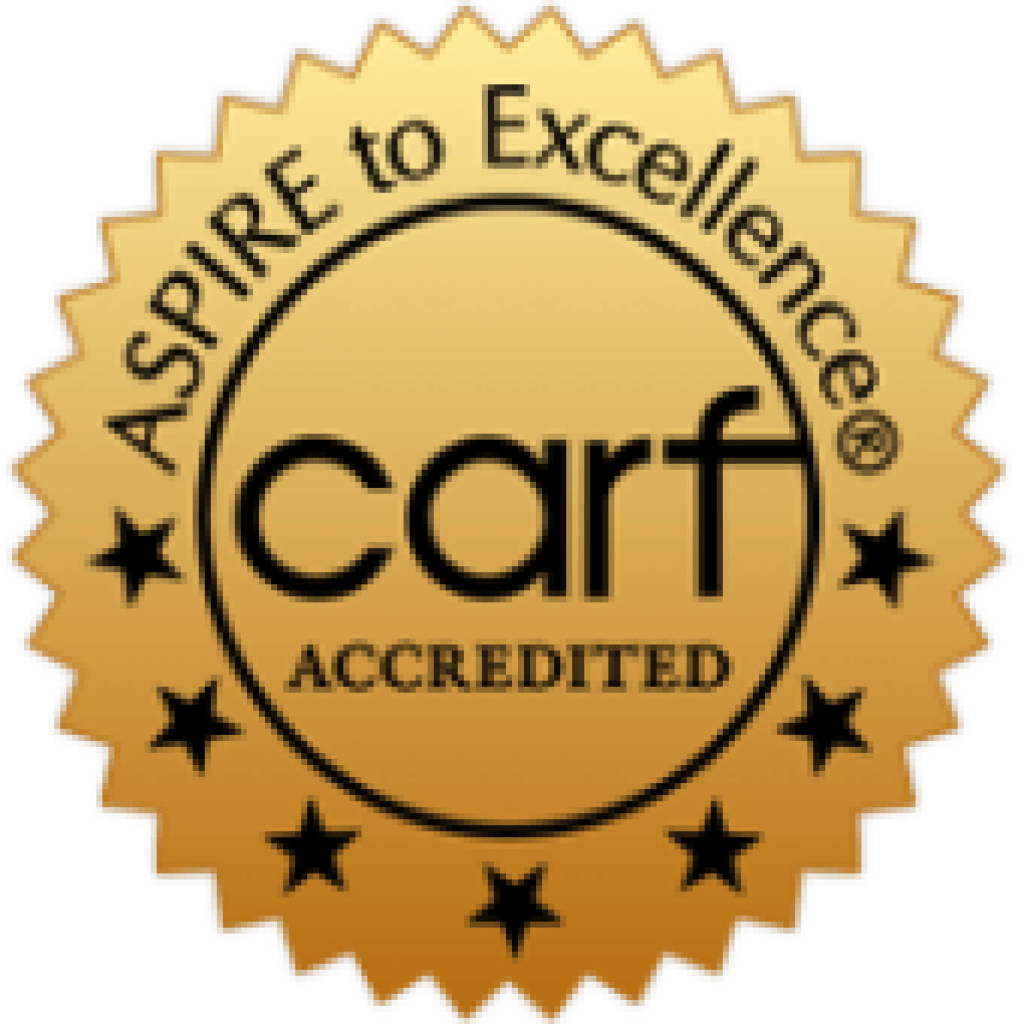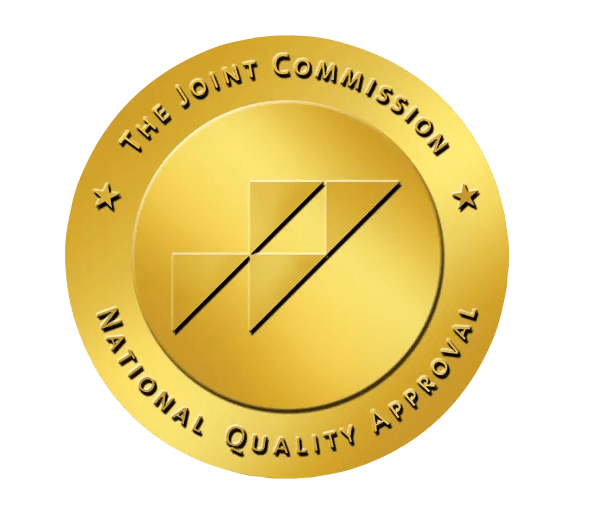8 Fears About Attending Rehab for Addiction Disorders
Common Fears About Attending a Program for Substance Addiction
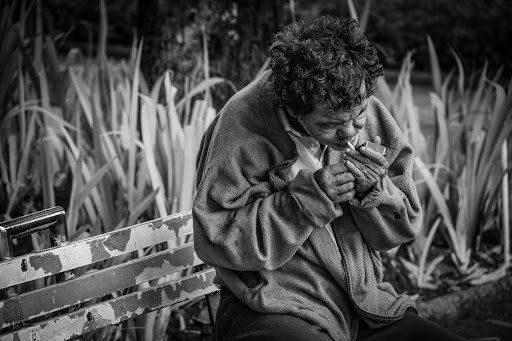
From the 27 million adults with addiction disorders and almost 18 million with substance use disorders, only about 3.5 million actually got specialized treatment.
This means that around 91% of adults in the United States did not get the much-needed treatment.
Here are some common fears about attending rehab for addiction disorders that might be preventing them from getting the help they need.
RELATED:
The Link Between Unemployment and Substance Abuse →
1. Dealing with the Past
You will undoubtedly dwell on your history in recovery, particularly what contributed to your substance misuse in the beginning.
This process of contemplation brings up unpleasant memories and anguish for many people. Confronting our history may be daunting, and certain behaviors and relationships may seem irreversible.
The process of confronting your history may be made much simpler with the help of medical professionals, friends, and family.
2. Withdrawal Symptoms
The effects of quitting or lowering the usage of alcohol and other substances are referred to as withdrawal.
The symptoms and intensity of withdrawal may be affected by factors such as the duration of usage, the drug you use, age, and health.
Exaggerated portrayals of withdrawal symptoms in the news and on television may cause many people to dread withdrawal symptoms, which is a reasonable worry. Know that withdrawal, like addiction, can be treated.
3. Failure
Perfectionism is frequently at the basis of this concern, with high expectations for achievement shaped by personal and cultural norms.
If you relapsed, you may believe you weren't strong enough, that it was unavoidable, or that it was a personal failure.
The advantage of the rehab recovery process is that it may provide you with the skills to face relapses straight on, rather than delaying treatment because it might not succeed.
4. Success
You could be terrified of success without realizing it.
Even if you achieve success with recovery, you still have a long journey after, and it's reasonable to be concerned about what will happen after you've overcome your addiction.
Dread of success is fairly frequent, even if it is partly illogical, due to the fear of the unexpected.
5. Dealing with Emotions Without Substances
The prospect of confronting reality head-on without the unhealthy coping mechanism of drugs, alcohol, or painkillers might be intimidating.
In addition to the withdrawal symptoms, discontinuing the use of drugs and alcohol may bring previously repressed emotions to the forefront.
People postpone therapy because they are afraid of what may happen if these feelings return.
People in recovery centers develop communication skills as well as coping techniques that help them deal with their trauma and alter their thinking, rather than merely numbing their problems.
6. Time
With so many daily tasks, the amount of time necessary for therapy may seem to be impossible.
You can be worried about disappointing the people you care about by not being there, as well as the things you'll miss out on while you're recovering.
Addiction, on the other hand, may have already stolen those things away from you. Though it is a lengthy process, seeking therapy might help you recapture your time.
7. Reputation
For many people, the notion of disclosing a drug use issue to friends and family, or even healthcare providers, is terrifying.
When no one or a small number of people are aware of your addiction, obtaining therapy may include informing individuals you care about your problem.
It takes courage to enter a treatment program and start the path to recovery, and those who understand the actual disease of addiction will assist you instead of criticizing you.
8. Losing Your Job
The most prevalent concern about going to treatment is losing their job.
It's possible that you'll have to take time from work to heal from a drug use problem. Many people may be afraid of losing a career they've worked hard to obtain and retain if they attend treatment.
If you're concerned about losing your work while recovering, the Family and Medical Leave Act may safeguard you.
Pathways Recovery Centers can help you with your substance use or addiction disorders. We have a team of professionals that can help you through your fears and work to improve your quality of life and health.






